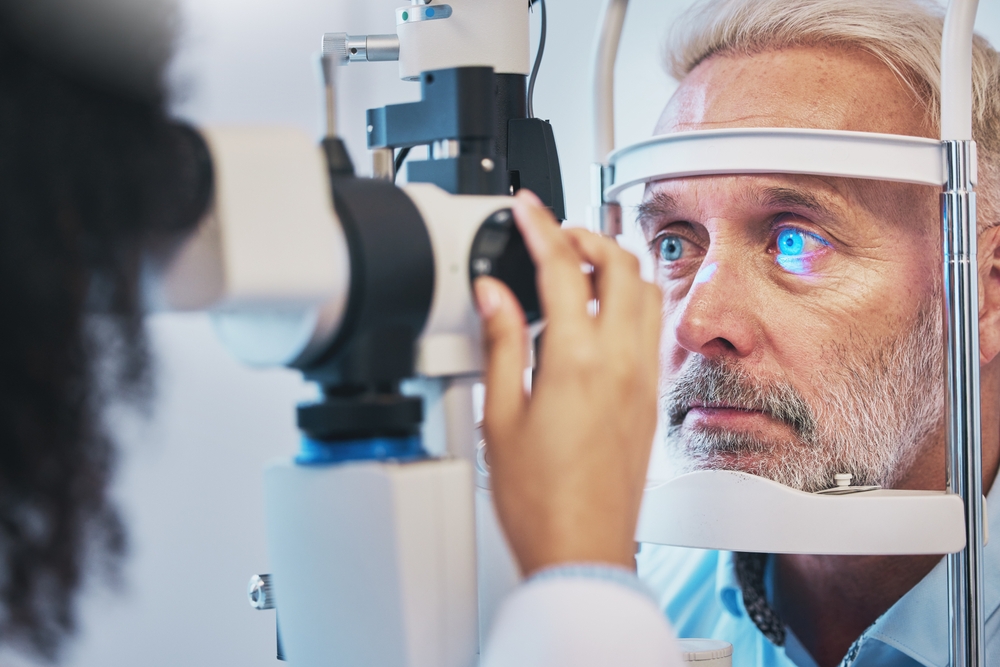
Clear, healthy vision plays an essential role in daily life, from learning in school to maintaining independence in later years. Regular eye exams are key to detecting problems early and preserving vision throughout all stages of life. At Prescott Valley Eye Care, we recommend eye exam schedules tailored to your age and individual needs.
What is a Comprehensive Eye Exam?
A comprehensive eye exam is a thorough evaluation of your vision and overall eye health. During the exam, your eye doctor assesses your visual acuity, checks your prescription for glasses or contact lenses, and examines the internal and external structures of your eyes. Tests may include measuring eye pressure to screen for glaucoma, evaluating your retina and optic nerve health, and assessing how your eyes work together. Unlike a simple vision screening, a comprehensive eye exam can detect early signs of eye diseases, systemic health conditions like diabetes and high blood pressure, and other issues that may not show obvious symptoms in their early stages.
Children
Children should have their first comprehensive eye exam at around 6 to 12 months old, another at 3 years old, and again before starting school. Once they reach school age, annual eye exams are highly recommended.
Good vision is vital for learning and development, and even minor vision issues can affect a child's performance in school and sports. Early detection of problems like myopia, amblyopia (lazy eye), and strabismus (eye misalignment) allows for timely treatment and better outcomes.
Adults
For adults ages 18 to 60, we recommend having a comprehensive eye exam at least once every year. Even if you are not experiencing symptoms, regular eye exams help detect early signs of conditions such as glaucoma, diabetic retinopathy, and cataracts, which may develop without noticeable symptoms. If you wear glasses or contact lenses, annual exams ensure your prescription stays up to date and your eyes remain healthy.
Adults with additional risk factors such as a family history of eye disease, diabetes, high blood pressure, or a history of eye injury may require more frequent checkups. Your optometrist will provide a personalized recommendation based on your overall health and lifestyle.
Seniors
Once you reach age 60 and older, annual eye exams become even more critical. Aging increases the risk of a range of vision problems, including cataracts, macular degeneration, glaucoma, and diabetic eye disease. Some seniors may even benefit from exams more often than once a year, depending on their eye health history and current vision needs.
Changes to vision can happen gradually, making it easy to overlook issues until they become more serious. Regular eye exams for seniors help ensure early diagnosis and treatment, which can protect against permanent vision loss and support better quality of life.
Prioritize Your Vision and Eye Health at Prescott Valley Eye Care
Routine eye exams are a vital part of maintaining healthy vision at every age. Whether it's ensuring a child’s vision is developing correctly, monitoring for early signs of disease in adulthood, or protecting sight in the senior years, regular checkups are key. At Prescott Valley Eye Care, we are committed to helping you and your family see clearly and live fully.
Schedule your comprehensive eye exam with Prescott Valley Eye Care and let us help you protect your vision for years to come. Visit our office in Prescott Valley, Arizona, or call (928) 218-2020 to book an appointment today.




